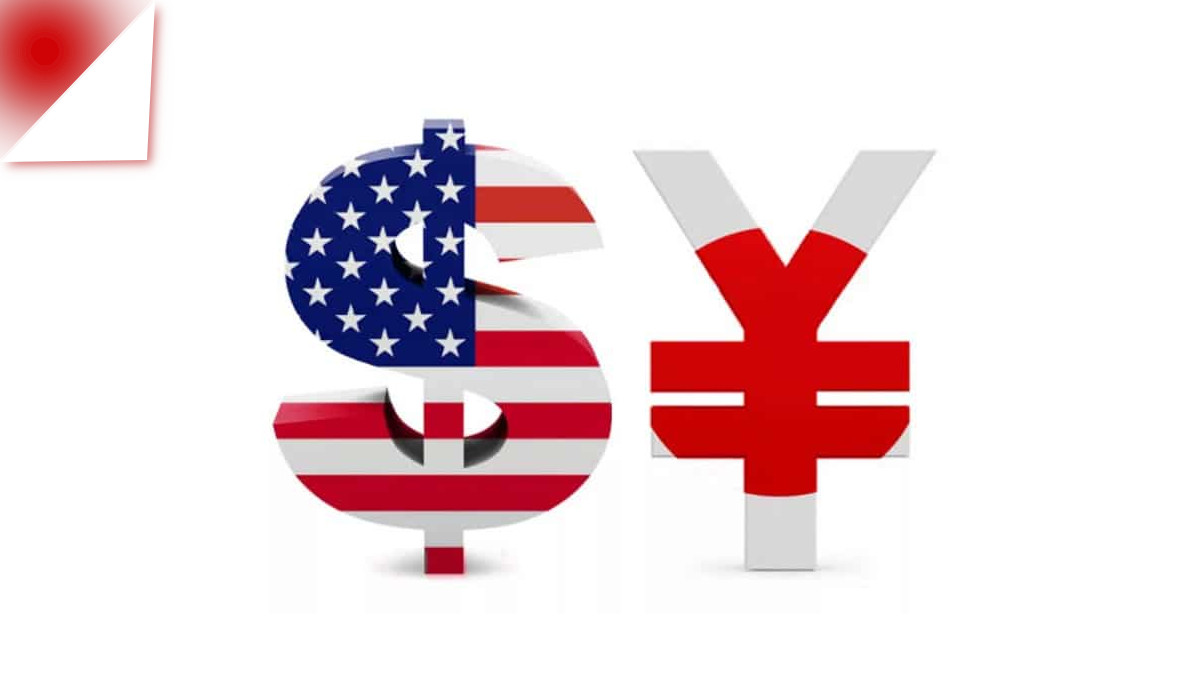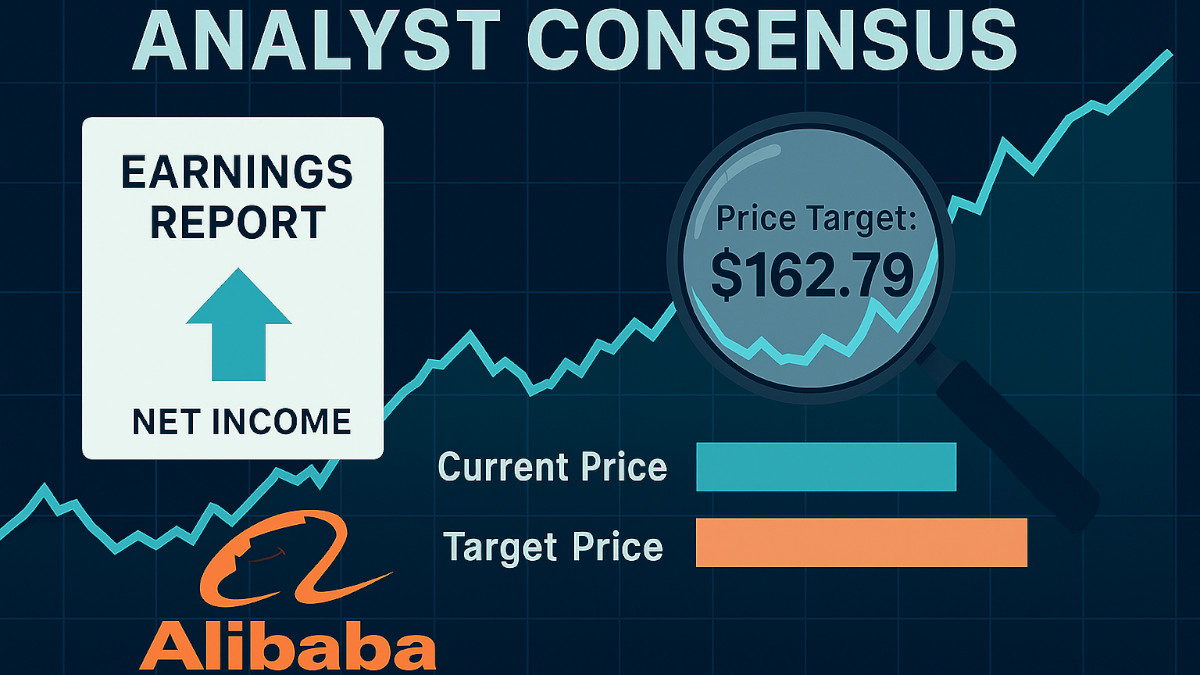Financial Market News: Will Fed Stay Hawkish on Rates?

The U.S. dollar weakened on Thursday after softer-than-expected U.S. inflation data reignited hopes for interest rate cuts from the Federal Reserve. However, the Fed's hawkish stance limited the dollar's losses, and the Bank of Japan (BOJ) meeting on Friday is keeping traders cautious on the yen.
- U.S. consumer prices were flat month-to-month in May, compared to market expectations of a 0.1% rise.
- This led to gains in major currencies against the dollar, with the euro, Aussie dollar, and New Zealand dollar all advancing.
Fed Signals Continued High Rates, Dampening Enthusiasm
Despite the lower inflation, the Fed left interest rates unchanged and policymakers' median projection for rate cuts this year fell to just one. This hawkish stance caused the dollar to recoup some of its losses. Markets are still pricing in almost two rate cuts this year, but the Fed's projections suggest they may not happen.
Opportunities for You
- Long EUR, AUD, NZD: If the dollar continues to weaken and the Fed stays accommodative, these currencies could see further gains.
- Short USD/JPY: The BOJ is expected to maintain its ultra-loose monetary policy, which could weaken the yen further. However, be cautious of potential disappointment if the BOJ doesn't signal any hawkish shift.
Yen Vulnerable Despite Weak Dollar
- The yen was the only major currency not to gain against the dollar, as the wide interest rate differential between the U.S. and Japan continues to weigh on it.
- The BOJ meeting on Friday is key for the yen. If the BOJ doesn't hint at a policy change, the yen could weaken further.
The Federal Reserve will closely monitor inflation before they consider lowering interest rates. They recently released a statement saying they are focused on getting inflation back down to their target rate of 2%. They are also prepared to adjust interest rates if needed to keep the economy on track.
This is what Fed said and what it means for the US Dollar (USD) and the Japanese Yen (JPY):
- Fed won't cut rates until inflation is under control: The Fed wants to see inflation steadily decline towards their 2% target before they even think about reducing interest rates. This means higher interest rates are likely to stay in place for a while.
- Economy expected to grow modestly: The Fed predicts the US economy will grow at a moderate pace of 2.1% this year. That's the same forecast they made earlier this year.
- Unemployment expected to hold steady: The Fed also expects the unemployment rate to stay around 4%, which is considered a healthy level.
- Inflation expected to tick up slightly: The Fed sees inflation rising a little bit this year, from 2.4% to 2.6%. This is likely due to the higher interest rates.
- USD/JPY bounces but capped by resistance: The news of the Fed staying hawkish on rates caused the USD to strengthen against the JPY. However, the USD's gains were limited by a technical indicator on charts.
Fed's message is clear: they are prioritizing controlling inflation over stimulating the economy. This means higher interest rates are likely to stay in place for a while, which could put upward pressure on the USD compared to currencies like the JPY where interest rates are much lower.
Overall, the dollar's outlook is not clear cut. While lower inflation points to potential rate cuts, the Fed's hawkish stance is a countervailing force. You should keep an eye on the BOJ meeting and incoming economic data for further clues on the direction of the dollar and other major currencies.







